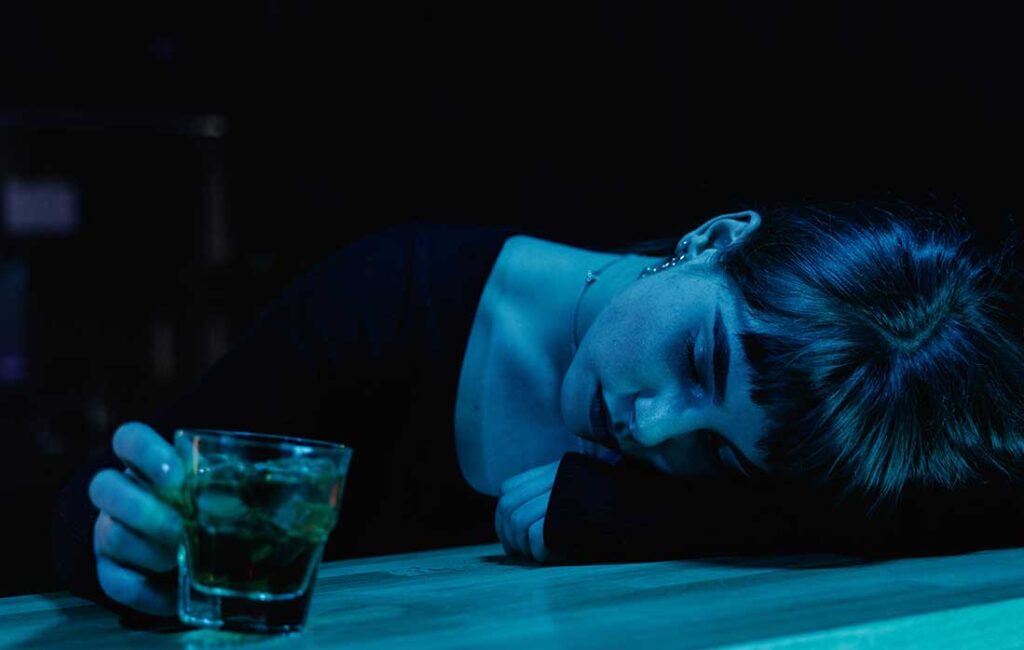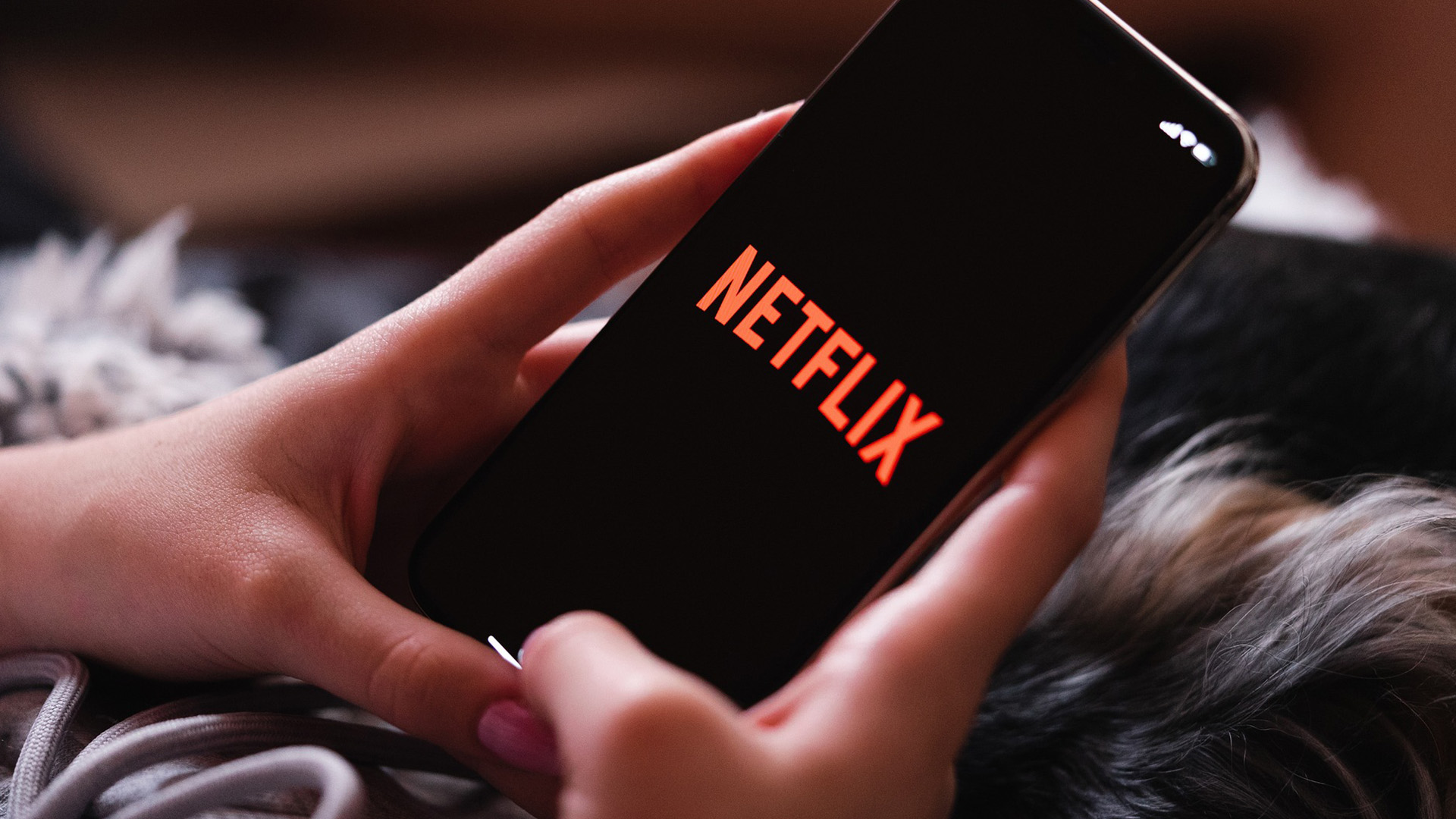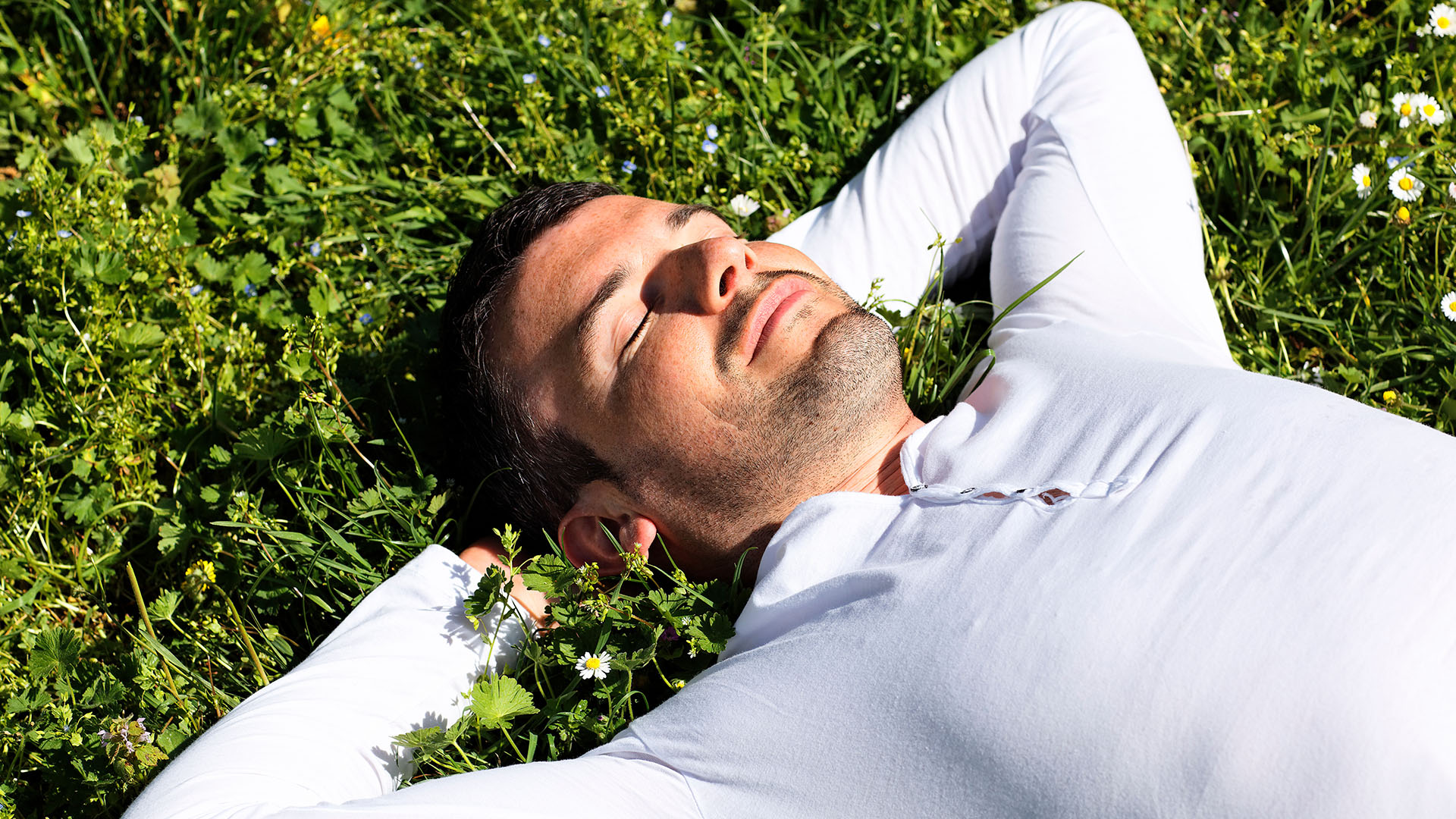
Staying up late is linked to a host of health ailments, but can it actually kill you? A new study found there may be a risk of dying early from being a night owl.
There is a slightly higher risk for night owls to die early from all causes compared to morning larks, but the link is clearly much stronger in those who smoke and/or drink at night. Researchers based their study off previous research that followed almost 24,000 twins from 1981 to 2018 for over six years as part of data from the UK Biobank. That research found that people who stay up later had a slightly higher risk of dying from all causes.
Authors of the current study in Chronobiology International wanted to look at other factors that may be involved, so they examined death records from 8,728 people in the original study. They adjusted the data to account for education level, smoking, alcohol use, body mass, and sleep duration.
That’s when they found that night owls had a higher risk of an early death by 9 percent compared to those who are morning people. Whether you’re a morning or night person is part of what factors into your sleep chronotype. (We generally fall into one of these two categories, though there are others.)
The increased risk seems to be attributed to those who smoke and drink alcohol more than early birds. (Translation: Even if you’re a night owl, you may not fall into that heightened risk group so long as you don’t use alcohol or tobacco regularly.)
“Our study indicates that smoking and alcohol have an important role (in early death),” explained lead author Christer Hublin, MD, PhD. In other words, the risk of early death isn’t so much about if your natural inclination is to stay up late as it is the habits you engage in if you do thrive after dark.
“Chronotype has no major independent contribution to mortality,” Hublin told Sleepopolis.
Why Your Sleep Chronotype Matters
Your sleep chronotype is part of your individual circadian rhythm — that’s your internal clock. And it’s dictated by your genetics, Chung said.
You may be more of a morning person — most people are. But about 20 percent of people fall into the night owl category and get more productive as the day goes on, experts say.
When you know your sleep chronotype, (Dolphin, Bear, Lion, or Wolf) you can find the best times to work, exercise, sleep, and do other activities during the day.
Different chronotypes have an impact on how you function physiologically and psychologically, according to a 2021 study. It’s important to coordinate your commitments and habits so keep your circadian rhythms in sync.
Chronotype differs from sleep timing, Chung added. That’s influenced by chronotype, job schedules, social schedules, and other lifestyle details.
A Guide to Healthier Habits
Hublin said the data, along with results from other related studies, is enough to show that night owls have a higher chance of death. But again, they didn’t find a higher risk for death in non-smokers who were at least light drinkers.
Evening types who drank had a 43 percent higher chance of dying from alcohol-related diseases and alcohol poisoning compared to early risers. Of evening types who smoked, they had a 25 percent higher chance of dying from it compared to morning people, the researchers found.
“Alcohol and smoking definitely seem like major puzzle pieces to explaining health patterns among night owls,” said Joon Chung, PhD, a sleep medicine researcher from Harvard University who was not on the study team.
But Chung said it’s hard to say definitely that smoking and drinking — and nothing else — are the culprit behind the link of being a night owl and early death. He said there are a lot of aspects like how many cigarettes a day or how many years a person drank at night, for example, that you’d need to know to truly understand the link.
The Dangers of Late-Night Life
Staying up late is linked to being more sedentary, which comes with its own host of health risks. Night owls are more likely to have lower fitness levels and burn less fat than people who rise early. They can have higher risks for diabetes and heart disease, a 2022 study shows. Staying up late has been linked to worsening psychiatric illness and riskier behavior, too.
People who wake up early usually have a lower cardiovascular disease risk, research has found. They also may have overall better well-being.
Night owls are more likely to have chronically deficient sleep, which Hublin said means getting less sleep, poor quality, or mis-timed sleep. The initial UK research found that evening types were less likely to get the recommended eight hours of sleep each night.
If your norm is to burn the midnight oil, Hublin said you should avoid smoking and drinking alcohol excessively in order to combat the health effects of staying up late.
Chung isn’t sure if there’s research that’s compared if healthier habits could offset for the potential risks of being an evening person. But eating healthier and not using substances close to bedtime both “seem like good ideas anyways, independent of chronotype,” he said.
There are two things that can help with sleep, according to Chung: stick to a regular schedule, and see a sleep doctor if you suspect that you have a sleeping disorder.

‘Love is Blind’ Contestants Claim the Show Led to Sleep Deprivation

What Is “Sleep Grounding,” the New Earthy Trend on TikTok?

Best Mattress for Side Sleepers

“Sleepy Sorbet” Is Everywhere, But Does It Work? I Tried It Out Myself
Sources
Kristen L. Knutson & Malcolm von Schantz (2018) Associations between chronotype, morbidity and mortality in the UK Biobank cohort, Chronobiology International, 35:8, 1045-1053, DOI: 10.1080/07420528.2018.1454458
Christer Hublin & Jaakko Kaprio (2023) Chronotype and mortality – a 37-year follow-up study in Finnish adults, Chronobiology International, DOI: 10.1080/07420528.2023.2215342
Hublin, Christer. Author interview. June 2024.
Chung, Joon. Author interview. June 2024.
Montaruli A, Castelli L, Mulè A, Scurati R, Esposito F, Galasso L, Roveda E. Biological Rhythm and Chronotype: New Perspectives in Health. Biomolecules. 2021 Mar 24;11(4):487. doi: 10.3390/biom11040487. PMID: 33804974; PMCID: PMC8063933.
Michael C. Riddell, Lauren V. Turner, Susana R. Patton, Is There an Optimal Time of Day for Exercise? A Commentary on When to Exercise for People Living With Type 1 or Type 2 Diabetes, Diabetes Spectrum, 10.2337/dsi22-0017, 36, 2, (146-150), (2023).
Emily M. Rogers, Nile F. Banks, Nathaniel D. M. Jenkins, The effects of sleep disruption on metabolism, hunger, and satiety, and the influence of psychosocial stress and exercise: A narrative review, Diabetes/Metabolism Research and Reviews, 10.1002/dmrr.3667.



























